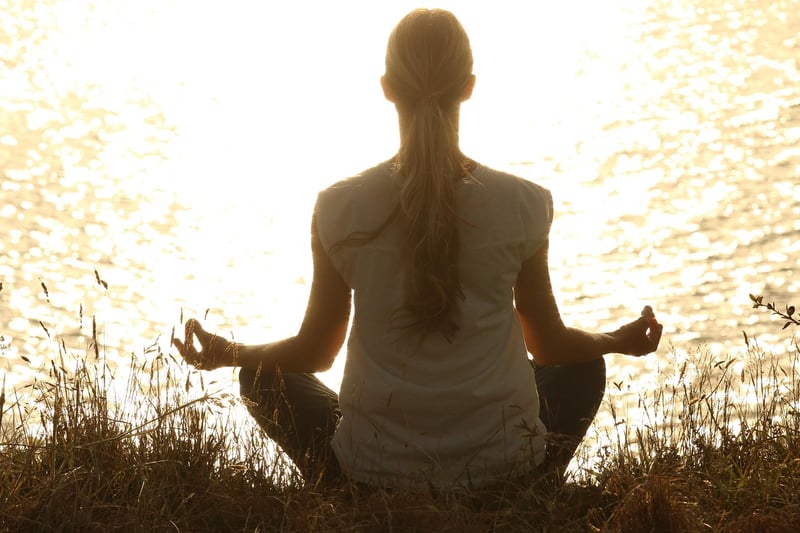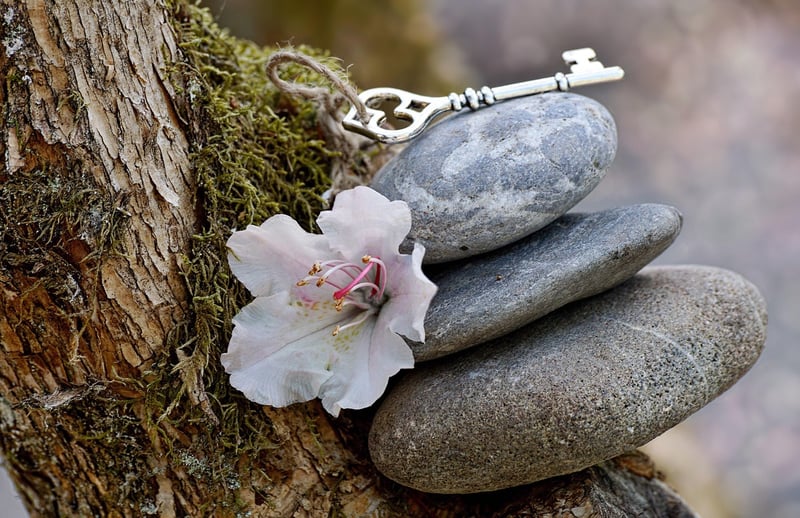Emotional Balance
Practices for Mental Peace and Emotional Balance
In today's fast-paced world, finding mental peace and emotional balance is essential for overall well-being. Incorporating daily practices that promote these aspects can have a profound impact on your mental health. Here are some effective practices to help you achieve mental peace and emotional balance:
1. Mindfulness Meditation
Mindfulness meditation involves focusing on the present moment without judgment. This practice can help reduce stress, anxiety, and improve overall emotional well-being.

2. Deep Breathing Exercises
Deep breathing exercises can help calm the mind and body, reducing feelings of anxiety and promoting relaxation. Practice deep breathing for a few minutes each day to experience its benefits.

3. Gratitude Journaling
Keeping a gratitude journal where you write down things you are grateful for can shift your focus from negative to positive thoughts. This practice can enhance feelings of happiness and contentment.

4. Physical Exercise
Regular exercise not only benefits your physical health but also plays a crucial role in improving your mental well-being. Engaging in physical activity releases endorphins, also known as "feel-good" hormones.

5. Connect with Nature
Spending time in nature has a calming effect on the mind and can help reduce stress levels. Take a walk in the park, hike in the mountains, or simply sit by the beach to reap the mental health benefits of nature.

By incorporating these practices into your daily routine, you can cultivate mental peace and emotional balance, leading to a happier and healthier life.
Remember, taking care of your mental health is just as important as taking care of your physical health. Prioritize practices that promote mental peace and emotional well-being to live a more fulfilling life.
